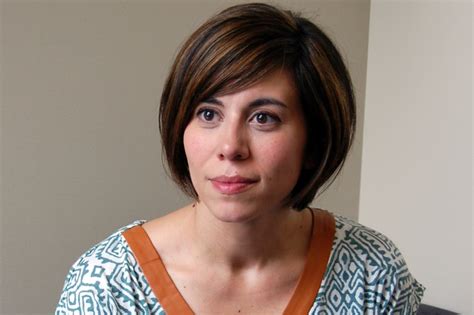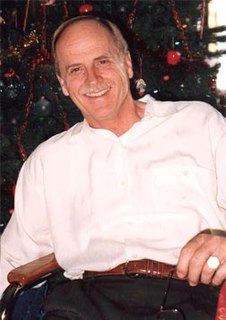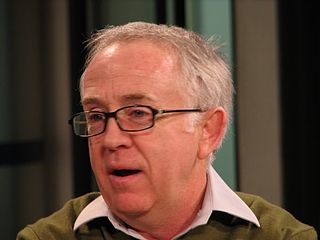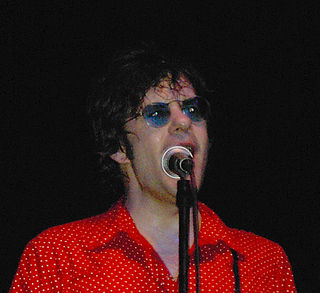A Quote by Brad Listi
Oftentimes, if a writer really gets her hooks into me, I'll want to read interviews, or listen to an interview, or read a literary biography or a memoir of some kind. And doing so almost always deepens my enjoyment of the author and her work.
Related Quotes
The WRITER of memoir gets incoming weirdness in very odd ways. I was recently talking to a memoir writer whose work just went meteoric - but some of the comments and communications and gestures she gets in the wake of that success are stunningly and atrociously over-personal, as if suddenly people feel like they know her and her life intimately, and have permission to transgress all her "life" boundaries.
Amanda [Bynes] and I are the same age so I grew up watching her and really looking up to her and for me, to see this path that's happening and to watch it, is kind of really affecting me in ways that I didn't think it would. It's weird to be in a situation where you can't help. I obviously don't know her at all but I want to bring her back and I want to make her happy and healthy for some reason and she's not there and we can't do anything to help so it kind of sucks. All we're doing is hurting it.
The notion of the writer as a kind of sociological sample of a community is ludicrous. Even worse is the notion that writers should provide an example of how to live. Virginia Woolf ended her life by putting a rock in her sweater one day and walking into a lake. She is not a model of how I want to live my life. On the other hand, the bravery of her syntax, of her sentences, written during her deepest depression, is a kind of example for me. But I do not want to become Virginia Woolf. That is not why I read her.
One demonstrable effect this type of work can have is in its viral promulgation. Take Kathy Acker for example: her work exists mainly through academic channels. Students are exposed to her novels, and some read her, then, on their own, but some also go to grad school: teach her, write about her, keep her going.
If I want to read S.J. Perelman's Chicken Inspector No. 23 for the third time instead of some anguished, politically correct saga of a girl growing up in a trailer park in Kingman, Arizona, with an alcoholic mother who makes her straighten her naturally curly hair and won't let her date a Navajo boy or pursue her goal of becoming (naturally) a writer, I will. And I will laugh like a lunatic while doing it.
I was raised in a religion that I never felt embraced me. That wasn't her fault. I had this amazing childhood. My mother is of her generation. If I'm going to ask her to accept me exactly as I am, I have to give her the same. She has read part of the book, but my sisters told her which chapters not to read!
The Booker thing was a catalyst for me in a bizarre way. It’s perceived as an accolade to be published as a ‘literary’ writer, but, actually, it’s pompous and it’s fake. Literary fiction is often nothing more than a genre in itself. I’d always read omnivorously and often thought much literary fiction is read by young men and women in their 20s, as substitutes for experience.
There are certain writers I can't read when I'm trying to write because their voices are so distinct. Cormac McCarthy, he's the most different writer from anything I've ever written, but there's something about those really spare sentences that is just tough - it would be too much of an influence. Grace Paley is my favorite writer. Her stuff is so voice-driven, when I read her a lot I want to make my writing more voice-y and dialogue-heavy. I love a lot of stuff in translation.
My children haven't read 'Winter Journal'. They have read some of my work, but I really don't foist it on them. I want them to be free to discover it in their own good time. I think reading an intimate memoir by your father - or an intimate autobiographical work, whatever we want to call this thing - you have to come at it at the right moment, so I'm certainly not foisting it upon them.



































